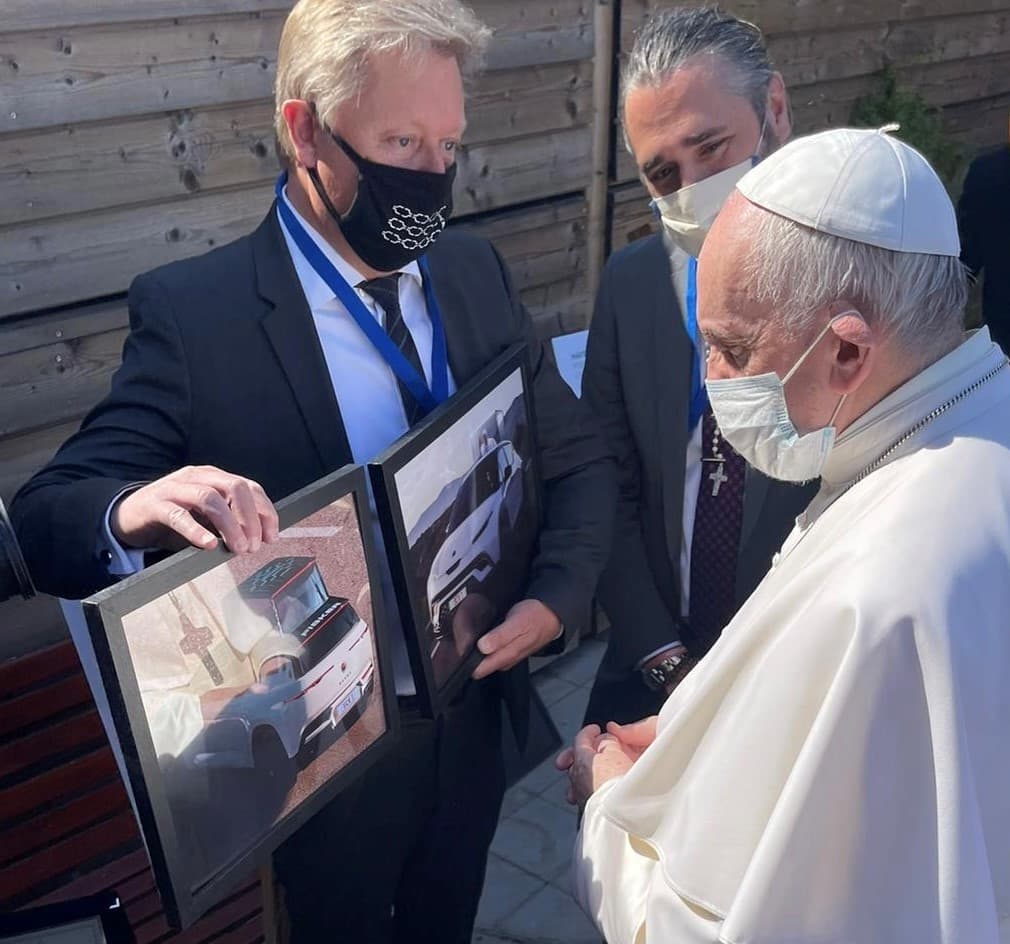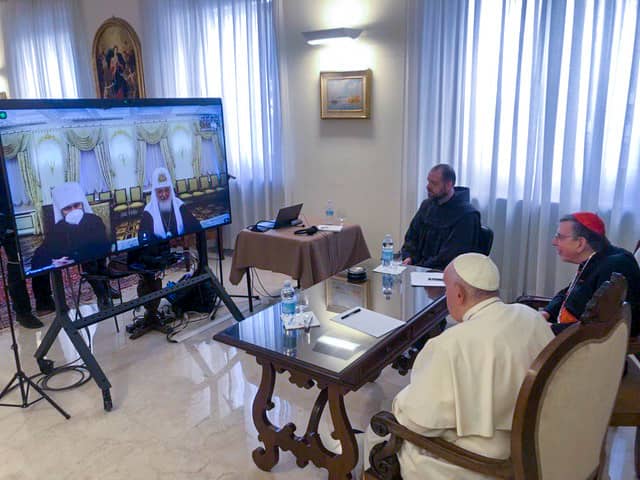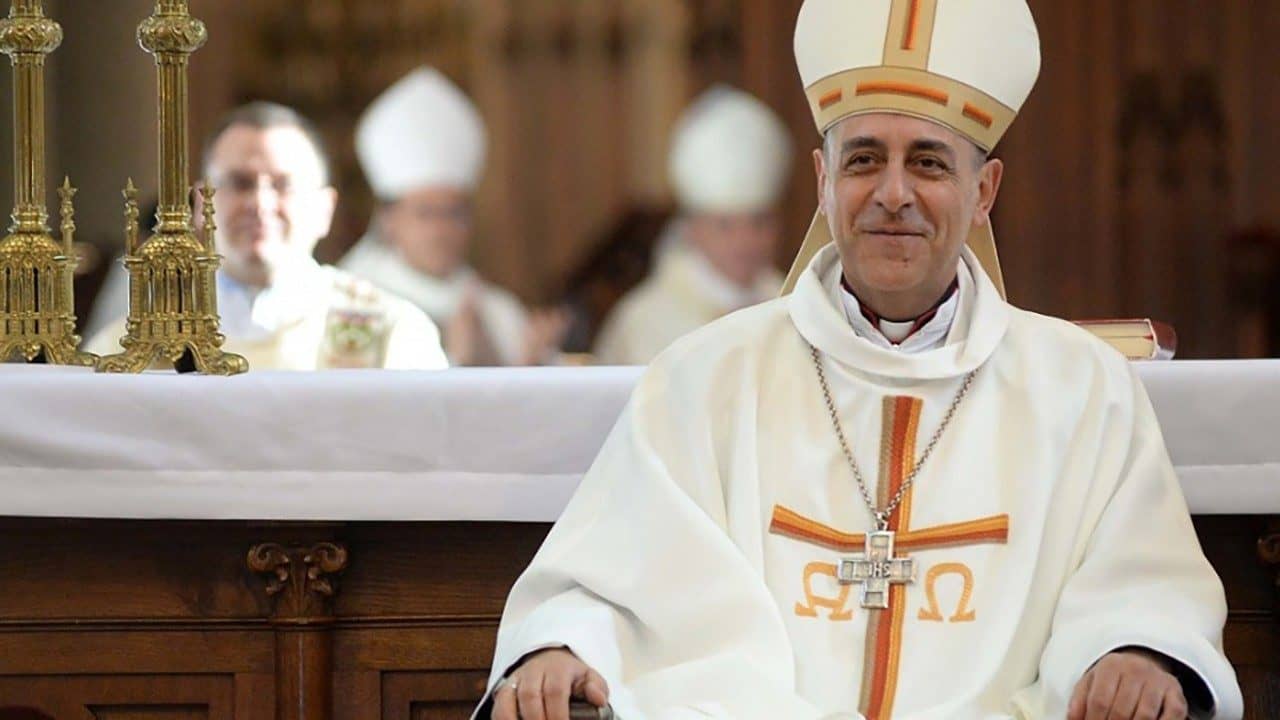ROME – Let’s face it, labor complaining about management isn’t exactly new. Even the Gospel of Matthew records a scene of workers who’ve toiled all day in a vineyard grousing that Johnny-come-lately’s who showed up just before quitting time were getting the same wage … and, in a template for such disputes throughout time, their objections fall on deaf ears as the boss does what he wants anyway.
In that light, the fact that the Vatican’s worker bees recently sent a petition to Pope Francis asking him to meet to discuss his recent decision to cut salaries, complaining that lay managers in the Vatican sometimes get exorbitant salaries while the compensation of front-line workers languishes, shouldn’t be terribly surprising.
However, this is the Vatican, where two considerations make this development significant, however predictable it is.
First, we’re talking about an environment in which the cult of the bella figura usually reigns supreme, meaning the importance of putting a good face on things. There are precious few incentives to go around voicing complaints in public, which means that for the workers to have taken this step, frustrations must be running high indeed.
Second, the Vatican routinely speaks out on social justice, including labor/management relations, to the rest of the world. If it’s going to hold itself out as a moral authority, then obviously it has to be seen to walk its own talk, practicing what it preaches.
The background to the petition, which was published in full by the Italian news agency Adnkronos Thursday, came in a late March motu proprio by Pope Francis in which he decreed salary cuts for all Vatican personnel, including cardinals. That decision was driven by the need to contain costs in light of the Vatican’s ballooning deficit, a result in part of shortfalls in annual income due to coronavirus-related shutdowns.
In effect, the workers’ argument is that crude across-the-board cuts don’t address chronic underlying inequities in the Vatican system, particularly a sometimes dramatic gap between what lay managers and supervisors are paid in contrast to ordinary staff, as well as the diversion of funds to pay for expensive external consultants and experts.
“What are we really paying for, Holiness?” the workers ask rhetorically. “Is it the coffers of Peter’s Pence destined for the poor, or to increase the salaries of lay managers or the extremely costly external consultants that are used regularly?”
“The real problem is that the Vatican is based on a system of privileges that are damaging, both at an economic level and to its reputation,” the workers assert.
Among other things, they point to salaries for some of those lay managers ranging from 6,000 to 10,000 Euro a month, all the way up to 25,000 ($7,350-$12,200 to $30,500.) Such compensation, they say, “never fails to arouse amazement” and is “too much for a system like ours, which should be based on a spirit of service to the Church.”
Though the workers don’t name names, it’s not too difficult to figure out the kind of figures they’re talking about. When Australian Cardinal George Pell was named Secretary for the Economy in 2014, for example, he hired his former CFO in the Archdiocese of Sydney, Danny Casey, to run the office at a reported salary of 15,000 Euro a month, which works out to an annual salary of about $220,000. He was assigned a high-end apartment that rented at 2,900 Euro a month as part of his compensation package.
At the time, Italian journalist Emiliano Fittipaldi, who would eventually be charged in the “Vatileaks 2.0” scandal, called that expenditure “crazy,” though Pell’s argument was that if you want first-class professional expertise, you have to pay for it. Also in his defense, Pell fully expected that a new Vatican Investment Fund he intended to launch with Casey’s help would generate sufficient revenue to fund the position and then some, but his wings were clipped before he could get it off the ground.
Such cases in the Vatican are fairly rare, but not unheard of, and understandably irritating for an ordinary lay person who does secretarial work in the Roman Curia for an annual salary of perhaps 20,000 Euro and lives in a crummy one-room Vatican apartment that hasn’t been properly maintained for decades.
Still, in any other institution in the world, paying $220k for a top-flight business manager wouldn’t be considered excessive … in fact, it probably wouldn’t be considered at all, it would be automatic.
This, in a nutshell, is the problem Pope Francis or any pope faces.
It’s basically a “damned if you do, damned if you don’t” dilemma. On the one hand, we insist that popes be good business managers, or at least that they find good business managers to run things for them. We want the Vatican to make efficient use of resources, to avoid waste and scandal, and to adopt best practices of transparency and accountability.
On the other hand, we also want the pope to be a paterfamilias, treating his workforce not as cogs in a machine but members of a family. We want him to practice Catholic social teaching in the administrative operations of the Vatican, paying just wages, giving labor a voice, and, in general, not acting like a heartless CEO but a living saint.
These expectations may not be impossible to reconcile, but there’s an undeniable tension. The clearest example right now is the question of laying people off – everyone knows the Vatican is over-staffed relative to its resources, and what any other organization would do under those circumstances is trim payroll. Yet no pope wants to be the one to tell a guy whose family has worked for the Vatican for generations that he’s out of a job, especially in the middle of a pandemic.
Assuming Pope Francis does meet with the delegation of workers currently clamoring to see him, he’ll undoubtedly listen carefully and sympathetically. Finding ways to satisfy them without breaking the bank or depriving the Vatican of badly needed expertise, on the other hand, may prove harder to pull off.
Follow John Allen on Twitter at @JohnLAllenJr.














